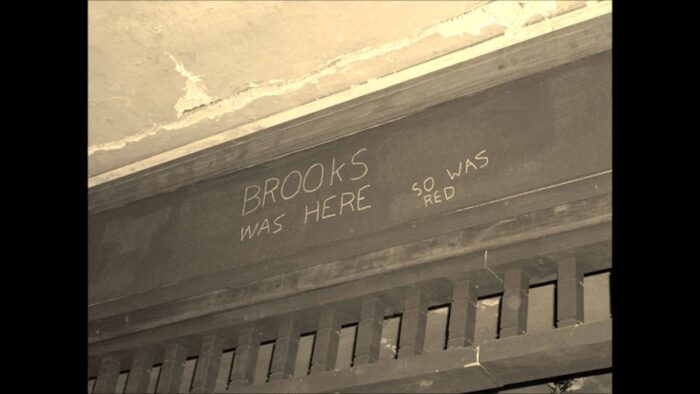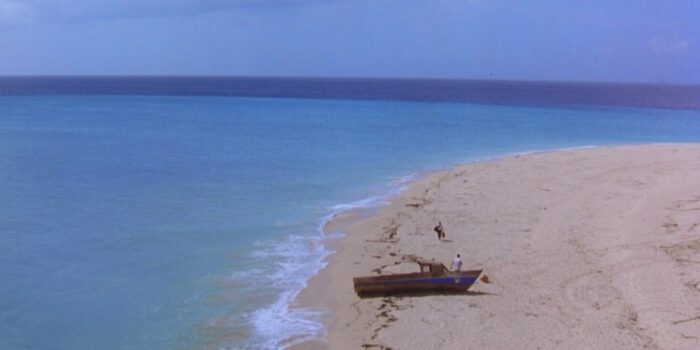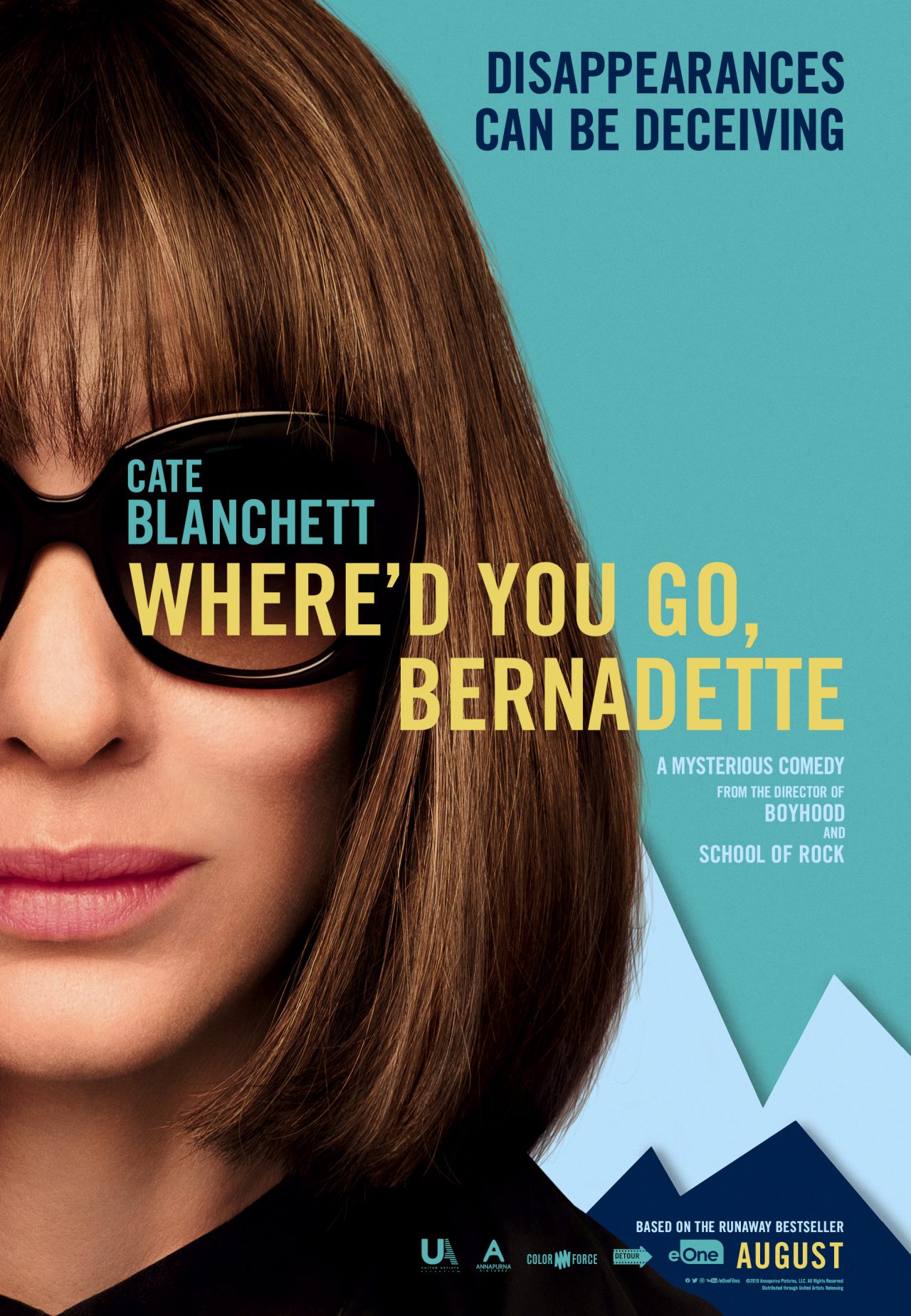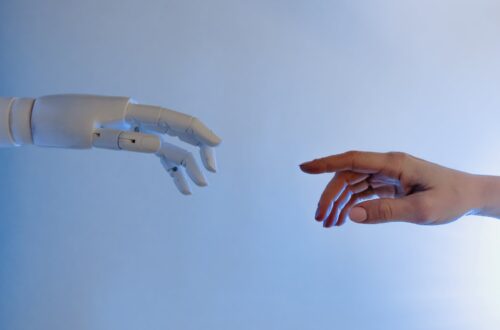A fate worse than death?
The doctrine that war is always a greater evil seems to imply a materialist ethic, a belief that death and pain are the greatest evils. But I do not think they are. I think the suppression of a higher religion by a lower, or even a higher secular culture by a lower, a much greater evil.
C.S. Lewis, “Why I Am Not a Pacifist”

I drive down the highway to buy groceries, and signs flash along the road: “Stay home.”
I pass a social distancing billboard telling people not to get close to each other.
I go into the post office lobby, obediently wearing my mask, and another lady in a mask says, “You can’t come in here.”
It’s getting to me. The rudeness. The fear. The antisocial mandates stoking the idea that other people are a threat to my existence. The instructions to isolate, to distance, to sit behind locked doors — all against our nature.
Some say, “How terrible, how selfish, to want to open the country. It’s pure materialism.” But in reality, it’s pure materialism to fear physical death so much that key elements of life must be destroyed. We will all die, with or without coronavirus. But there are things in life more valuable than safety and health. They will outlast us:
- love, faith, hope
- freedom, and the idea of a free and generous society that compels us to aim for high ideals
- justice
- friendship
- culture
- the desire to work with our hands and minds, creating things of value
- parents working to support their families
- courage
What would you add?
I find myself thinking about a scene in The Shawshank Redemption, the one in which Andy, contemplating the necessity to maintain inner freedom and hope in the face of his unjust imprisonment, says to Red, “Get busy livin’– or get busy dyin’.” Living involves escaping from the safe regulation of prison and taking your chances in a world that has always been fraught with dangers. It certainly involves more than avoiding one illness.
One of the most interesting, heartbreaking messages of the movie is that after awhile, the inmates can lose the ability to live free. We see this when Brooks, an old man imprisoned for years, is released at last and can’t live “on the outside.” Racked with fear and loneliness, he takes his own life.
Prisons are not always physical.
I reject the simplistic terms of the billboards and politicians who tell me that physical safety is the most important thing in the world. I reject their premature use of this crisis to engineer a new society that involves increased centralized power and social control. “Divide and conquer” is a lousy strategy of governance in a free society. The quarantine forced upon us now that the crisis is past is a prison that drives people to self-absorption and paralysis. We must remember how to live on the outside, and shed all traces of these oppressive and troubling weeks for good.





2 Comments
Karl Zedell Sr.
Yeah, except the crisis is not past.
Janet
It is where I live.